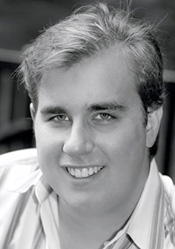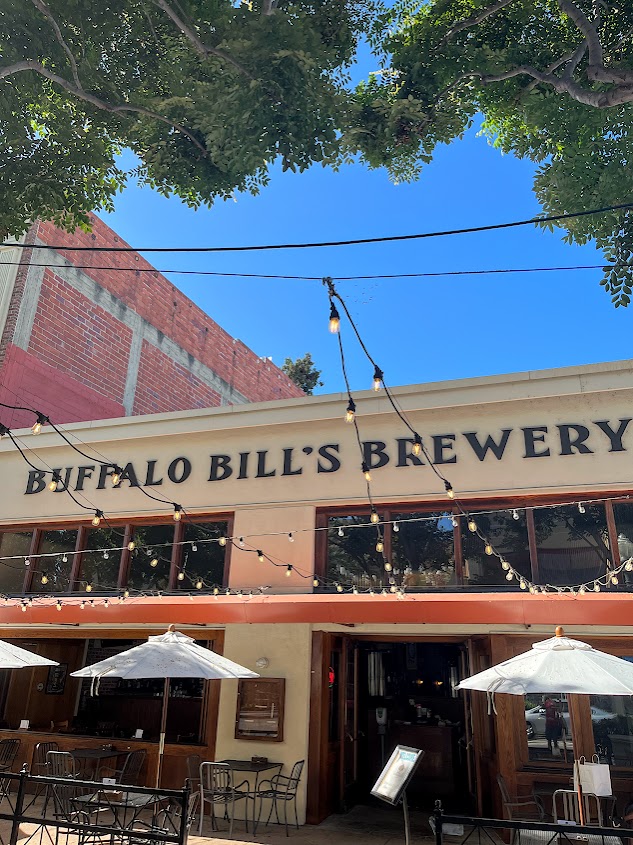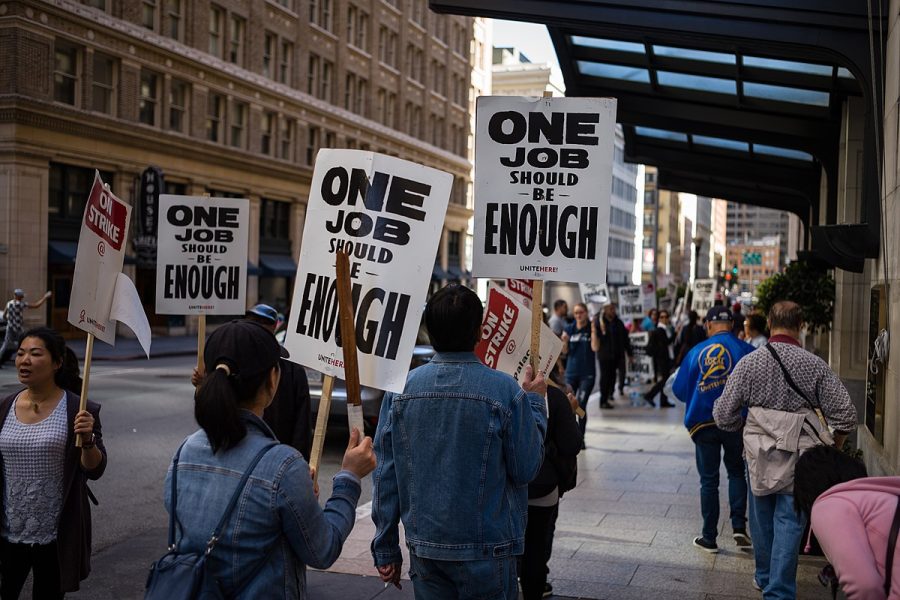 Mark Spiro, 21, a Regent’s College exchange student from the United Kingdom (UK) currently attending San Francisco State University, is not your typical participant in the American health care debate.
Mark Spiro, 21, a Regent’s College exchange student from the United Kingdom (UK) currently attending San Francisco State University, is not your typical participant in the American health care debate.
His newly formed Political Action Committee (PAC) “Stop & Return” is a fresh voice from the Bay Area that cannot be neatly fitted into the two-party dichotomy encouraged by America’s political establishment.
I smell the blood of an Englishman
“First off, I never arrived in America seeking to get involved in local politics, let alone something as specific and focused as health care. Stop & Return isn’t an idea formed around a PAC, but a PAC that was built around an idea. After following the bill in the news, it really reminded me of home, and the health care system we have there,” says Spiro.
“Before starting business school [at Regent’s College] I undertook a one year program on social policy at the University of Nottingham, and health care was a big part of it,” said Spiro. “Unfortunately, I’ve had family in England, Israel, South Africa and Canada dealing with poor service at hospitals there, so I have an idea of what works and what doesn’t.”
There’s Always Room For Improvement
According to Spiro, “Substantive improvements must be made in the American health care system. The priority should be on the creation of preventive health care, not a bloated system geared towards treating diseases that could have been preventable.
“Federal investment in a pharmaceutical research program is one example of how the Government can be a helpful partner in the fight for health care reform. In addition any health care plan that does not address tort reform is doomed to impotence.
“Costs have escalated due to litigation. If we had a smart approach we’d be able to keep costs down and let doctors do what they want to, heal people, and not spend hundreds of hours a year talking to lawyers.
“Does anyone really doubt a doctor’s intentions? I don’t think so. We should not support a system that scares them away from making an effective choice in treatment.”
With America’s health care system being overhauled along the lines of the United Kingdom and Canada, Spiro’s voice from across the pond comes at a timely point in America’s health care debate.
Free Market Health Care
This March saw the passage of H.R. 3590 “The Patient Protection and Affordable Care Act” into law. Yet even before the ink from President Barack Obama’s pen had dried, both sides of the health care debate again took the fight into the court of American public opinion.
Both the pro-government sponsored healthcare lobby and the anti-government sponsored health care lobby have thrown a gaggle of statistics and facts to court public opinion.
An oft-cited World Health Organization (WHO) study created in 2000, ranked the United States as 37th in overall performance. Of note is that this study used “fairness in financial contribution” as a metric of comparison.
In essence this means that systems which guarantee universal health care to citizens, regardless of effectiveness of treatment, were rated higher than free market health care systems such as India, or mixed public and private systems such as the United States.
Current expenditures on health care services in the United States at the federal level stand at $2.26 trillion according to the latest study done by the Office of the Actuary in the Centers for Medicare & Medicaid Services in 2008.
Yet in spite of these efforts by the Federal Government to normalize services, the U.S. Census Bureau indicated that in 2009 over 47 million Americans remained without health care coverage of any kind.
The current American health care safety net comprised of the Federally run Medicare and the jointly Federally and State run Medicaid has struggled in recent years to fulfill its mandate to provide health care coverage for retired Americans aged 65 or older and families below the poverty line, which currently stands at a total household income of $22,050 or less for a family of 4.
Both political parties have supported continuing this social safety net.
Republican efforts have centered on revitalizing the current Medicare/Medicare structure with private medical industry still bearing the brunt of patient care.
Democratic efforts have been based upon moving towards the goal of total universal health care complete with mandated standards of uniform quality for all Americans.
Socialized Healthcare
Spiro, as a subject of Her Britannic Majesty the Queen and who is not an American citizen, is perhaps better acquainted with the style of government sponsored universal health care that H.R. 3590 was created to provide.
The “socialized” health care systems of Europe do not come in a single flavor. The particular flavor of socialized medicine that the authors of H.R. 3590 chose to model their proposal after was that of the United Kingdom and its National Health Service (NHS) which emphasizes “cradle to grave” social welfare.
When asked about the UK’s NHS, Spiro complained about the poor patient outcomes that resulted from the system. According to Spiro, rapid response and diagnosis of such conditions as cancer and various heart ailments were nonexistent due to long queuing times.
The NHS works by routing all patient requests to a jack of all trades doctor, the General Practitioner (GP). The GP, along with facilitating routine checkups, routes requests for specialist treatment for conditions such as cancer by the use of a referral system.
Spiro explains that appointments with GPs are free of charge, as are referrals.
However, the caseload created by patients requesting appointments and referrals for frivolous reasons and patients requesting appointments then not showing up works to overwhelm the system.
Spiro gives an example from his own personal experience.
“When I broke my shoulder in Los Angeles, the [emergency room] here patched me up. Afterwards I went back to England to see a specialist. I had to be referred by the NHS GP to see a shoulder specialist to get me back up to shape. Even though I have private insurance it’s standard business practice to make us run things through the NHS first in the UK.”
Spiro explains that private insurers in the UK piggyback off the NHS to defray as many costs as possible. As a result, the NHS is the UK has been swamped by patients who have paid for private healthcare but are now being forced to use NHS services by their private insurers.
Stop & Return
Spiro warns that this fate might befall the American citizen if H.R. 3590 goes into full effect and has taken his message to the American public.
“In the weeks leading up to the official launching of the PAC, we’re see a real outpouring of support. We’re not anti-Obama, we’re not the let’s endorse every Republican candidate running for office group. We’re a group that first and foremost represents individuals who think we’re on the wrong path to health care reform. And we’re being supported with donations that come from everyday Americans concerned about health care,” says Spiro.
As a sign of grassroots support, “Stop & Return’s” Facebook page has gained over 1,600 fans since its creation on August 1st. According to Spiro, the PAC’s advertising campaign has not relied on television or mass mailings but instead it has relied upon word of mouth to get its message across.










